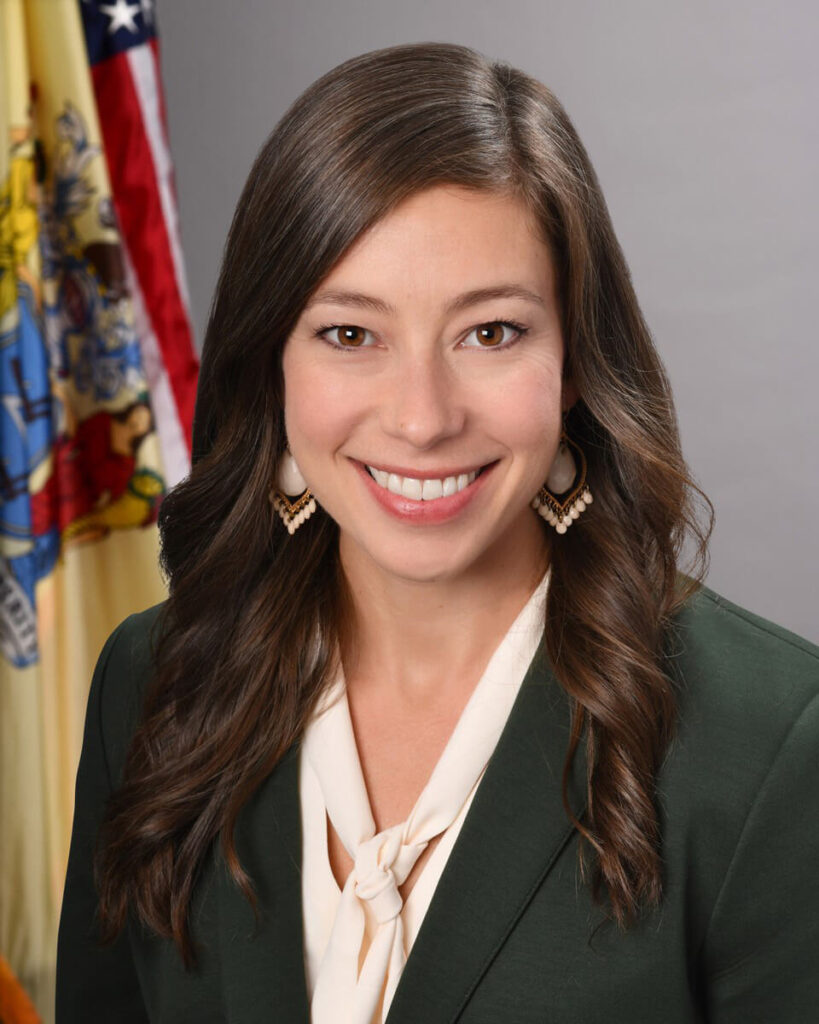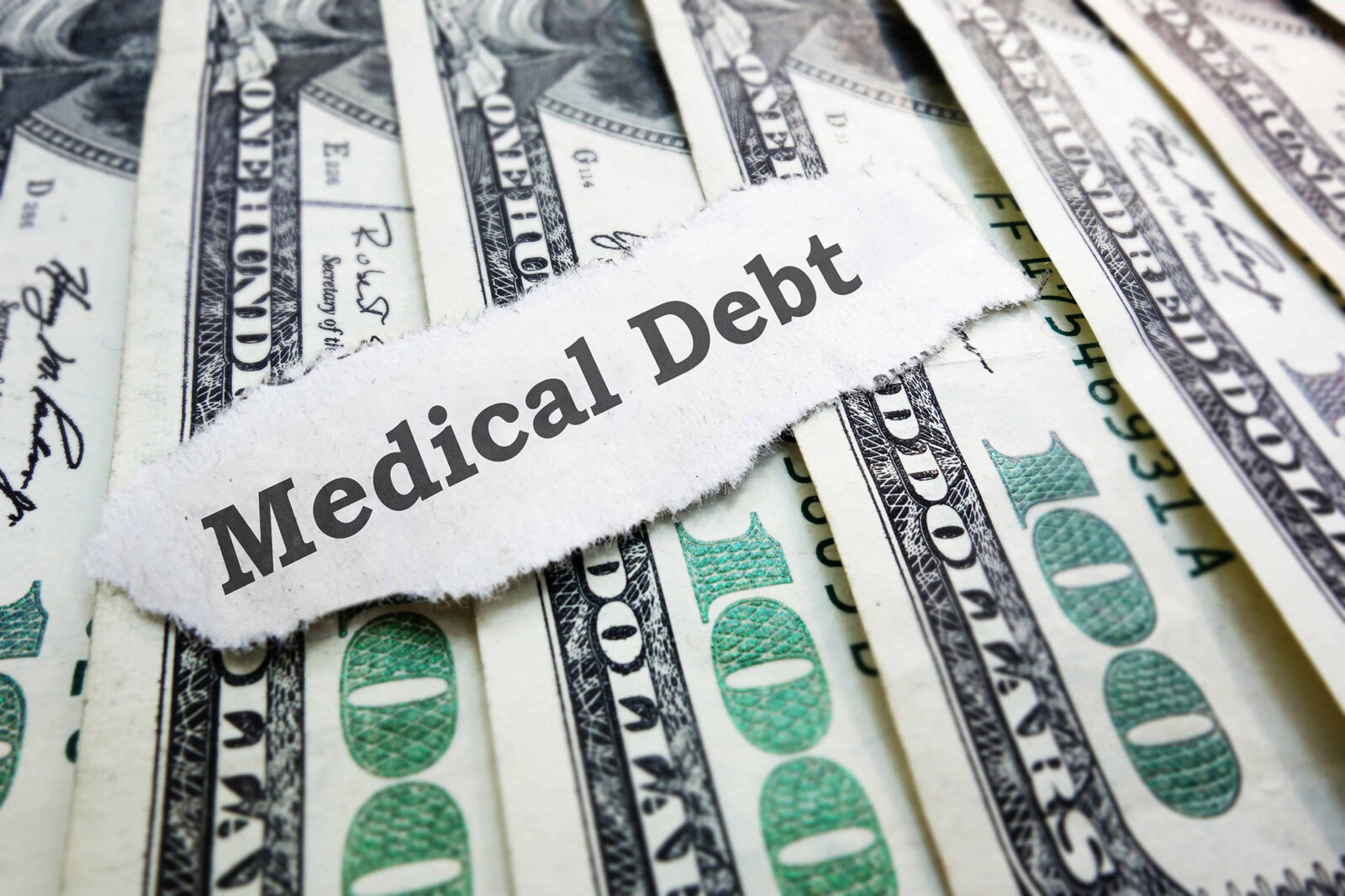Residents across New Jersey buried under an estimated $927 million in medical debt can see some relief through the state’s continued partnership with the nonprofit organization Undue Medical Debt.
New Jersey Gov. Phil Murphy announced that approximately 629,000 New Jersey residents will soon see their medical debt retired. The state’s plan has so far helped 776,000 residents abolish over $1.1 billion in medical debt since the program’s August 2024 inception.
New Jersey is one of five states — along with New York, California, Connecticut, and Colorado — prohibiting most medical debt from being reported to credit agencies. These states have also allocated funding to provide residents with direct medical debt relief.
Undue Medical Debt + RWJBarnabas Health
By leveraging approximately $5.8 million in American Rescue Plan funds from New Jersey’s investment in medical debt abolishment, Undue Medical Debt has purchased what is now a fourth round of medical debt from RWJBarnabas Health, according to a press release from the state.
Over half a million households will receive an Undue Medical Debt branded letter in the mail over the coming weeks informing them that some or all of their medical debt has been abolished.
“Nobody should have to choose between their health and their financial stability. My Administration has pursued lasting systemic reforms to put more affordable health care in reach for New Jersey families and better protect our residents from accumulating debt,” said Murphy.
The state’s program has offered “tangible relief to hundreds of thousands of New Jersey families,” Murphy added.
Medical Debt: A ‘Silent Crisis’
Financial constraints are often a barrier to those seeking healthcare, said New Jersey Department of Health Commissioner Kaitlan Baston, MD, MSc, DFASAM.
Calling medical debt a “silent crisis” that affects tens of thousands of individuals and families, Baston said financial burdens magnify health disparities, like race, ethnicity, and geographic location,

“Debt relief efforts are essential not only for financial recovery, but for the well-being of our communities,” Baston said. “Health care should never be dictated by someone’s ability to pay. By addressing medical debt, we empower individuals to focus on their health and future rather than the burden of financial insecurity.”
Medical debt abolishment builds on the governor’s efforts to make healthcare more affordable and accessible for New Jersey families.
New Jersey’s efforts are complemented by additional consumer-focused policies that advance prescription drug affordability, including:
- Caps on out-of-pocket costs for insulin and asthma inhalers
- Reforming pharmaceutical supply chain transparency
- Oversight of pharmaceutical benefits management companies
Ensuring Basic Needs Are Met
Paying for care should not be on the mind of anyone dealing with or recuperating from an illness or injury, Murphy said.
“Medical debt accumulates very quickly and can follow a person for decades. … New Jerseyans should not have to scrimp and save to ensure their basic health care needs are met, or to pay down lofty medical debts resulting from tragic accidents or devastating diagnoses,” Murphy said.
Undue Medical Debt CEO and president Allison Sesso said it’s a “momentous milestone” to play a role in erasing over $1 billion erased medical debt for N.J. residents. She pointed to RWJBarnabas Health and every provider collaborating to help “remove these unpayable burdens on families. I’m thrilled for the hundreds of thousands of people who will soon be receiving this good news in the mail.”
Qualifying For Medical Debt Relief
The relief program is a one-time abolishment to help remove the financial and emotional burden of unpayable medical debts. The criteria for relief, according to the governor’s office:
- Income at or below 400% of the federal poverty line
- Medical debts equaling 5% or more of annual income
“Medical debt relief is source-based and cannot be requested, depending on community-minded providers like hospitals and secondary market partners like collection agencies who choose to engage and sell their qualifying medical debt,” according to the governor’s statement.
There is no application process for medical debt relief. Undue purchases large, bundled portfolios of past-due medical debt belonging to those least able to pay for pennies or less on the dollar. Instead of trying to collect, Undue erases the debt.
Those benefiting from medical debt relief will receive an Undue branded letter in the mail. Learn more about Undue here.











